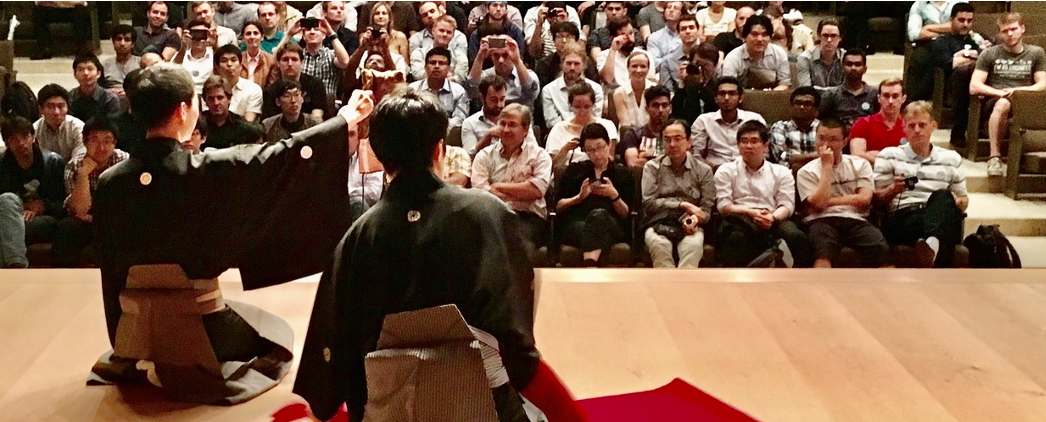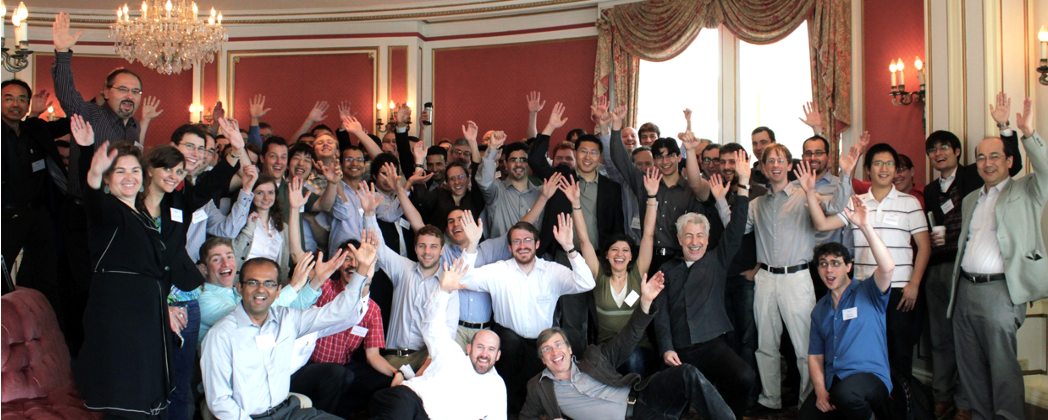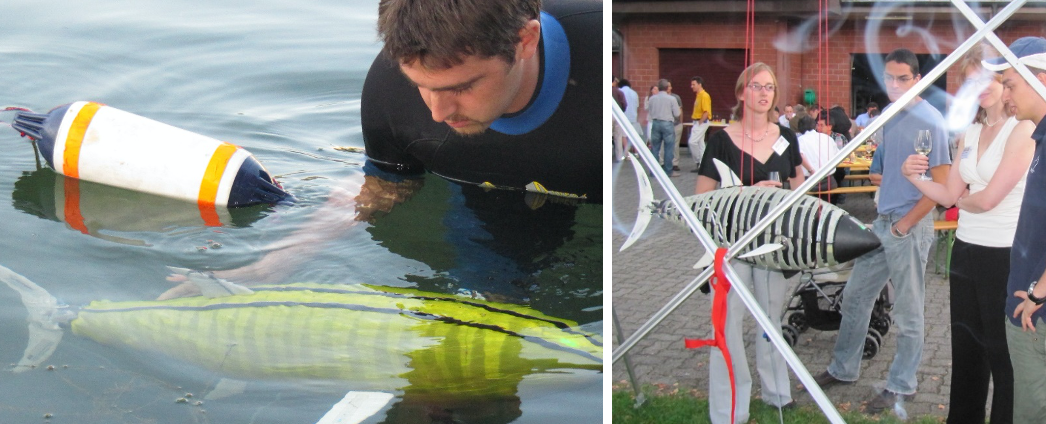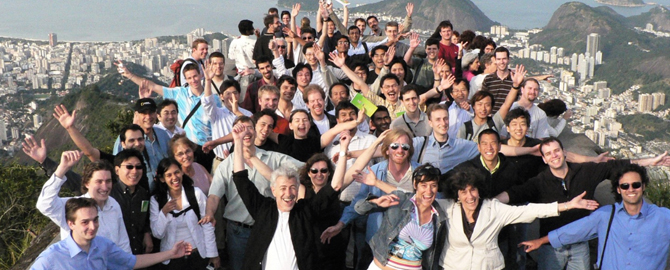Date and time:
May 13 at 7am PDT / 10am EDT / 4pm CET / 11pm JST
Live Stream: Zoom Webinar (https://zoom.us/j/92372127795)
Live questions and discussion: Slido (https://app.sli.do/event/yhwcrzt4)
Moderator: Oliver Brock (Technische Universität Berlin)
Panelists: Sergey Levine (UC Berkeley), Matt Mason(Carnegie Mellon University), Frank Park (Seoul National University), Maria Pozzi (University of Siena), Francisco Valero-Cuevas (University of Southern California)
Front Row Participants: Aude Billard, Tamim Asfour, Alberto Rodriguez, Danica Kragic, Ashish Deshpande,
Title: The Future of Robotic Manipulation
Video on Bilibili: https://www.bilibili.com/video/BV1Ch411v71D/
Video on YouTube: https://youtu.be/i-VrEBYdn-c
Research in robotic manipulation has made tremendous progress in recent years. This progress has been brought about by researchers pursuing different, and possibly synergistic approaches. Prominent among them, of course, is deep reinforcement learning. It stands in opposition to more traditional, model-based approaches, which depend on models of geometry, dynamics, and contact. The advent of soft grippers and soft hands has led to substantial success, enabling many new applications of robotic manipulation. Which of these approaches represents the most promising route towards progress? Or should we combine them to push our field forward? How can we close the substantial gap between robotic and human manipulation capabilities? Can we identify and transfer principles of human manipulation to robots? These are some of the questions we will attempt to answer in this exciting panel discussion
Oliver Brock (Moderator)
Oliver Brock (Moderator)
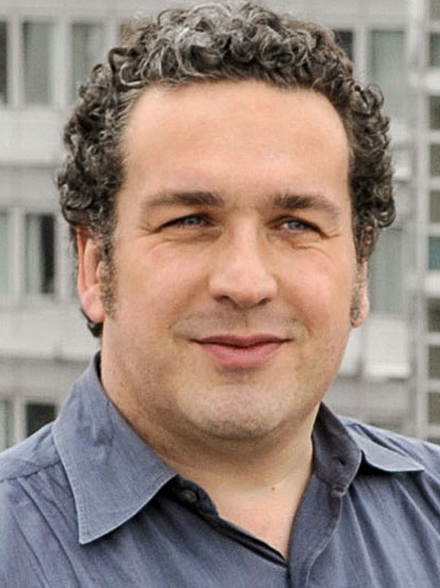
Oliver Brock is the Alexander-von-Humboldt Professor of Robotics in the School of Electrical Engineering and Computer Science at the Technische Universität Berlin, a German "University of Excellence". He received his Ph.D. from Stanford University in 2000 and held postdoctoral positions at Rice University and Stanford University. He was an Assistant and Associate Professor in the Department of Computer Science at the University of Massachusetts Amherst before moving back to Berlin in 2009. The research of Brock's lab, the Robotics and Biology Laboratory, focuses on robot intelligence, mobile manipulation, interactive perception, grasping, manipulation, soft material robotics, interactive machine learning, deep learning, motion generation, and the application of algorithms and concepts from robotics to computational problems in structural molecular biology. Oliver Brock directs the Research Center of Excellence "Science of Intelligence". He is an IEEE Fellow and was president of the Robotics: Science and Systems Foundation from 2012 until 2019.
Sergey Levine
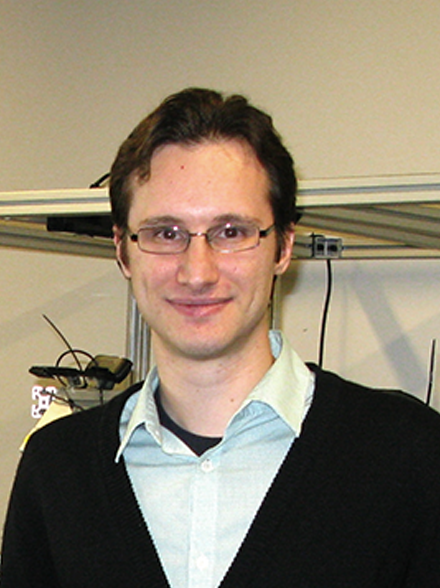
Sergey Levine received a BS and MS in Computer Science from Stanford University in 2009, and a Ph.D. in Computer Science from Stanford University in 2014. He joined the faculty of the Department of Electrical Engineering and Computer Sciences at UC Berkeley in fall 2016. His work focuses on machine learning for decision making and control, with an emphasis on deep learning and reinforcement learning algorithms. Applications of his work include autonomous robots and vehicles, as well as computer vision and graphics. His research includes developing algorithms for end-to-end training of deep neural network policies that combine perception and control, scalable algorithms for inverse reinforcement learning, deep reinforcement learning algorithms, and more.
Matt Mason
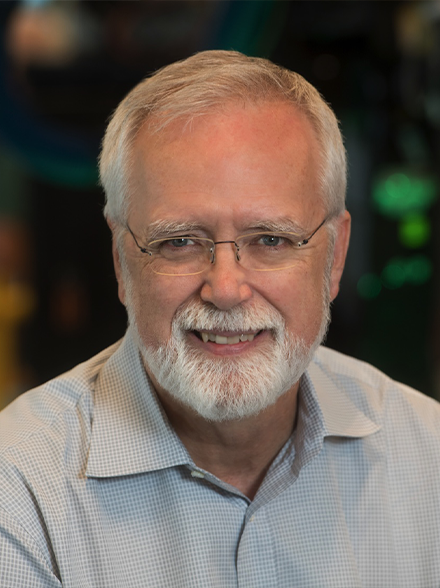
Matthew T. Mason has been working on robotic manipulation since the 1970's. He earned the BS, MS, and PhD degrees in Computer Science and Artificial Intelligence at MIT, finishing his PhD in 1982. Since that time he has been on the faculty at Carnegie Mellon University. He was Director of the Carnegie Mellon Robotics Institute from 2004 to 2014, and is presently Professor of Robotics and Computer Science. Since 2014 Mason has also been the Chief Scientist at Berkshire Grey. He is a Fellow of the AAAI, and a Fellow of the IEEE. He is a winner of the System Development Foundation Prize, the IEEE RAS Pioneer Award, and the 2018 IEEE Robotics and Automation Award.
Frank Park
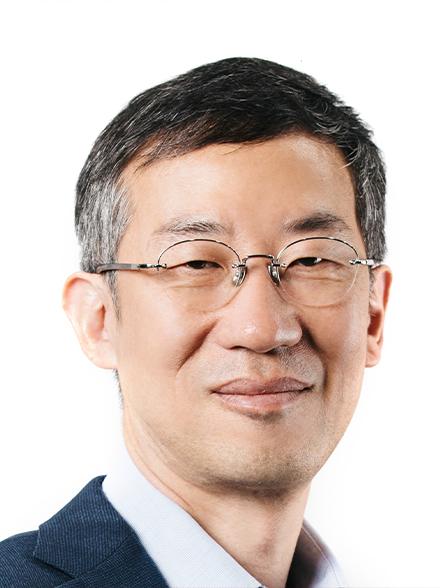
Frank C. Park is a Professor of Mechanical Engineering at Seoul National University. He received the B.S. in EECS from MIT in 1985, and the Ph.D. in applied mathematics from Harvard in 1991 and served on the faculty of the University of California Irvine during 1991 to 1994. He is an IEEE Fellow and has been an IEEE Robotics and Automation Society Distinguished Lecturer. He held adjunct faculty positions with the NYU Courant Institute, the Interactive Computing Department at Georgia Tech, and the HKUST Robotics Institute in Hong Kong. His research interests include robot mechanics, planning and control, vision and image processing, mathematical data science, and related areas of applied mathematics. He is a former Editor-in-Chief for the IEEE Transactions on Robotics, developer of the EDX course Robot Mechanics and Control I-II, and author (with Kevin Lynch) of the textbook Modern Robotics: Mechanics, Planning, and Control (Cambridge University Press, 2017). He is the incoming president of the IEEE Robotics and Automation Society.
Maria Pozzi
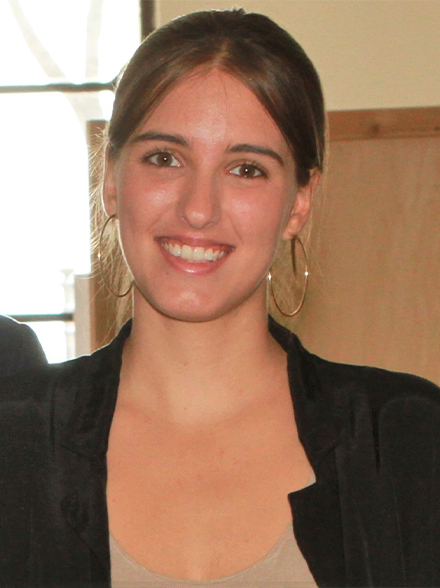
Maria Pozzi is a Research Fellow at the University of Siena and an adjunct professor of Robotics at the University of Perugia. She received her B.S. (Computer and Information Engineering) and M.S. (Computer and Automation Engineering), both cum laude from the University of Siena. She carried out her Ph.D. in Information Engineering and Science at the University of Siena, in collaboration with the Istituto Italiano di Tecnologia (Genova). In 2019, she discussed her Ph.D. Thesis entitled "Grasping and Manipulation with Soft Robotic Hands". She recently co-edited the IEEE RAM Special Issue on “Emerging Paradigms for Robotic Manipulation: from the Lab to the Productive World” which aimed at bridging the gap between the research on new technologies and concepts in the field of robotic manipulation and their application in real-world scenarios. She is interested in the study of the principles and mechanisms that regulate human and robotic grasping from the very beginning of her academic career.
Francisco Valero-Cuevas
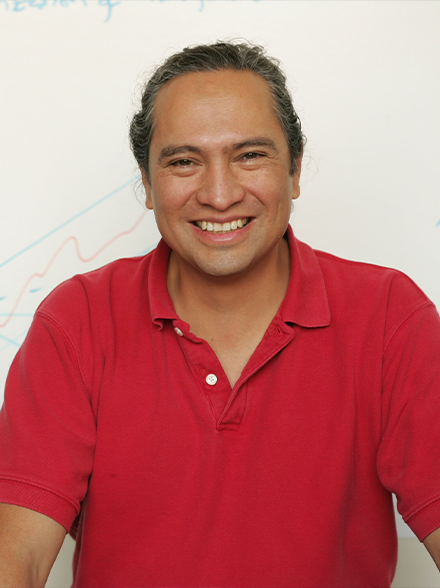
Francisco Javier Valero-Cuevas (born 1964) is an engineer of Mexican origin, and a Professor of Biomedical Engineering, Biokinesiology and Physical Therapy, Aerospace and Mechanical Engineering, Computer Science, and Electrical Engineering at the University of Southern California. He is known for his work on how the human hand works, and its clinical applications. He is notable for several inventions, including devices for measuring hand function and leg function, and the construction of archways in civil engineering. Among his scholarly contributions is a textbook on the mathematical foundations underlying the study of motor control and biomechanics. He is an Elected Fellow of the American Institute for Medical and Biological Engineering (2014), an Elected Senior Member of the Institute of Electrical and Electronics Engineers, and a Thomas J. Watson Fellow.

